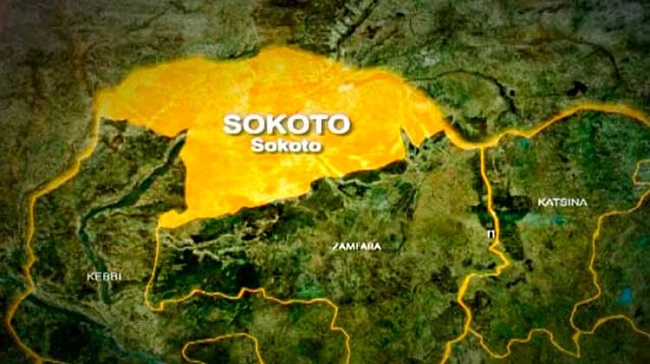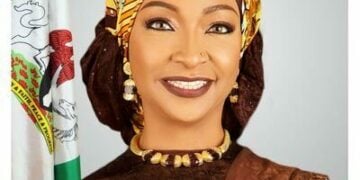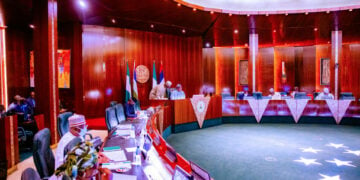The Federal Government has secured a total of $396million in concessional financing from international development partners to support humanitarian and health infrastructure projects across the country.
Minister of Finance and Coordinating Minister of the Economy, Wale Edun, disclosed this on Thursday while briefing State House correspondents after the Federal Executive Council (FEC) meeting presided over by President Bola Tinubu at the Presidential Villa, Abuja.
According to Edun, the FEC approved two separate credit facilities — a $300 million World Bank credit for internally displaced persons (IDPs) and host communities in northern states, and a combined $96 million facility from the African Development Bank (AfDB) and the Islamic Development Bank (IsDB) to finance the Sokoto State Health Infrastructure Project.
“The first memo was to seek FEC approval for a World Bank credit of $300 million for internally displaced persons and host communities across various northern states. The second was the approval of $46 million from the African Development Bank and $50 million from the Islamic Development Bank for the Sokoto health infrastructure project, with the Sokoto State Government also providing counterpart funding,” Edun explained.
The minister said the projects formed part of the government’s broader effort to rebuild communities affected by insecurity and strengthen healthcare delivery at the sub-national level, while ensuring that external borrowing remains within sustainable limits.
Beyond the financing approvals, Edun said President Tinubu directed him to brief the Council on the current state of the economy, noting significant improvements across key indicators since the administration began implementing bold reforms.
He reported that Nigeria’s economy grew by 4.23 per cent in the second quarter of 2025, the fastest rate in a decade outside the post-COVID rebound period, adding that inflation had eased to 18 per cent, while foreign reserves rose above $43 billion.
“The economy is rebounding in terms of growth. Inflation is coming down, reserves are going up, and market distortions have been corrected. Importantly, Nigerians are spending about 50 per cent of their income on basic needs such as food, health, and transport, compared to 90 percent previously — meaning affordability is improving,” he said.
Edun also highlighted Nigeria’s recent removal from the Financial Action Task Force (FATF) grey list, describing it as a major milestone in restoring global confidence in the country’s financial integrity and transparency framework.
“With Nigeria’s exit from the FATF grey list, we are now back in the mainstream of global best practices in combating money laundering and terrorism financing. It boosts investor confidence, reduces transaction costs, and allows for greater capital inflows,” he noted.
He further disclosed that the country’s recent $2 billion Eurobond issuance attracted an overwhelming $13 billion in investor bids, underscoring renewed global confidence in the Nigerian economy.
“The financial markets rewarded our disciplined approach with a resounding vote of confidence. We stayed within budgeted borrowing limits, but the oversubscription clearly shows Nigeria is now being viewed as a stable and attractive investment destination,” the minister said.
Edun added that the administration’s economic diplomacy and institutional reforms — including the expansion of the National Identity Number (NIN) system, which now covers 125 million Nigerians — have strengthened the government’s ability to directly identify and assist vulnerable citizens.
“With this digital ID coverage, the government can reach Nigerians directly with targeted support and social protection programmes. This places Nigeria on par with nations like India in digital inclusion and financial outreach,” he added.
The minister reaffirmed that President Tinubu’s economic policies are already yielding measurable results, placing Nigeria on a sustainable path of growth, stability, and renewed investor confidence.





